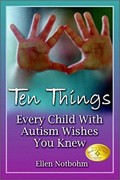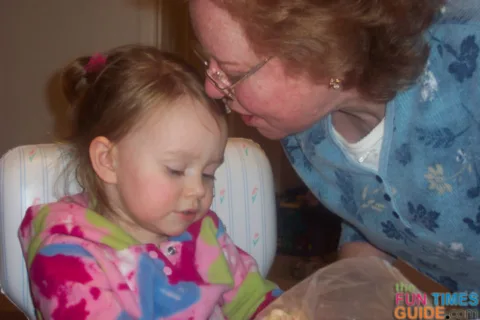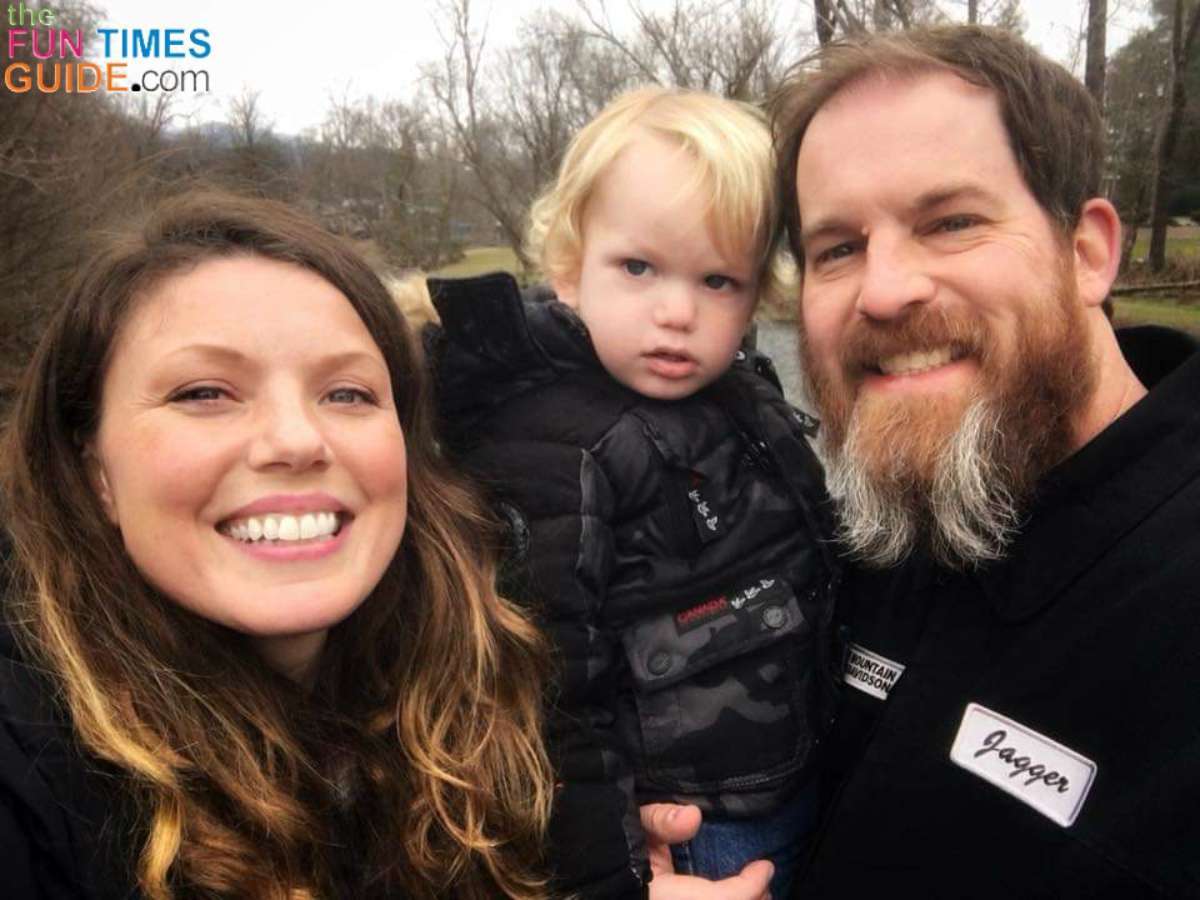 As many of you know, we have a 5-year-old niece who is Autistic. She’s as sweet as can be.
As many of you know, we have a 5-year-old niece who is Autistic. She’s as sweet as can be.
Thanks to years of help from the Cleveland Clinic, she has made dramatic improvements — and she continues to do so, on a daily basis.
But I changed my way of thinking about Autism last Christmas when Jim’s parents shared with everyone a photocopied list of “10 Things Every Child With Autism Wishes You Knew”.
10 Things An Autistic Child Wants You To Know
This list of 10 things was written by Ellen Notbohm, a parent of a child with Autism.
She also wrote a book called Ten Things Every Child With Autism Wishes You Knew, in which she expands on each of those 10 things at great length.
Here are great reviews of Ellen Notbohm’s book, 10 Things Every Child With Autism Wishes You Knew.
When Jim and I read through that list of 10 things last Christmas, it really touched us. In fact, I think it really touched every one of us who had gathered home for the holidays. Mostly because each of us has wondered — in our own little way — just how much Shelby knows, recognizes, and intellectualizes.
Since she can’t communicate verbally very well, it’s really hard to know what’s going on in her mind.
But for me… reading through the 10 things on that list really helped. It made sense. And it shed some light on what an Autistic child is dealing with day in and day out.
This list of 10 things seems especially meaningful during the holiday season, when the world of an Autistic child is basically turned upside down, thanks to all the hustle and bustle. Everyone knows how important routines and familiarity are in the world of Autism. Yet, routines and familiarity are typically the last things that most families experience during the holidays!
That’s why I want to share with you the most important things that Ellen Notbohm, a parent of an Autistic child, believes that every child with Autism wants you to know:
1. I am first and foremost a child — a child with autism. I am not primarily “autistic”.
2. My sensory perceptions are disordered.
3. Please remember to distinguish between won’t (I choose not to) and can’t (I am not able to).
4. I am a concrete thinker. This means I interpret language very literally.
5. Please be patient with my limited vocabulary.
6. Because language is so difficult for me, I am very visually oriented.
7. Please focus and build on what I can do rather than what I can’t do.
8. Please help me with social interactions.
9. Try to identify what triggers my meltdowns.
10. If you are a family member, please love me unconditionally.
I’d encourage you to read Ellen’s summary which expands on each of the 10 points. And check out her book for an even greater look inside the world of a child with Autism.






